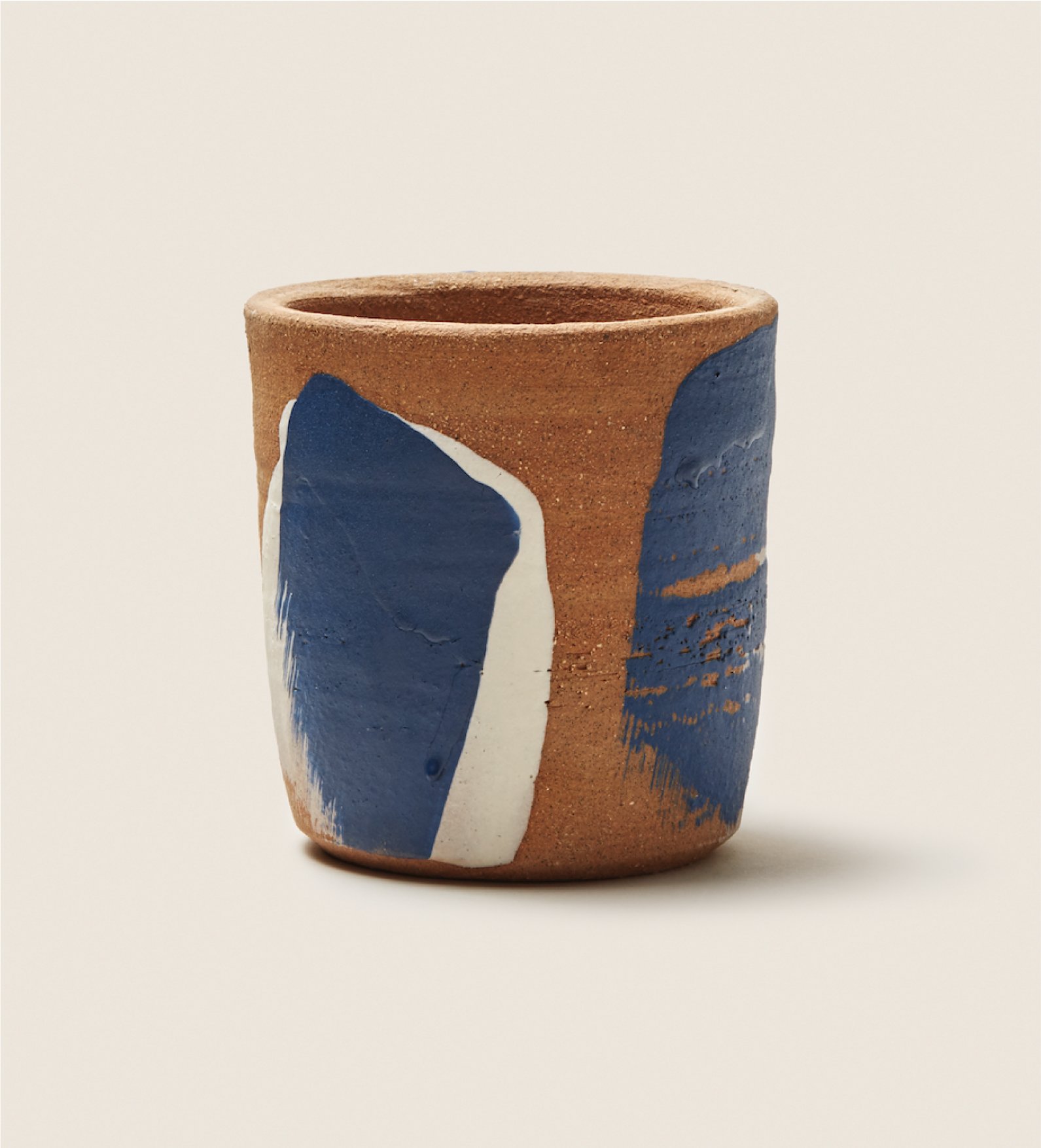
How this works
Working with a coach is a different kind of relationship than working with your committee.
Two important roles of a coach are to work in partnership with you and your team to keep you on track time-wise, and to guide you in producing high quality drafts. Your committee are gatekeepers, entrusted by the university and the academy at large to ensure that your work is representative of what a doctoral degree means. They are there to help and support you, but they are also keepers of standards of the academy at large.
A coach doesn’t write for you. We help you develop and use your skills, language, and analytic abilities.
A coach operates differently. We work specifically with you to make sure that you are producing the best work to send to your committee for their feedback. A coach helps you interpret the feedback you get from your committee, and helps you craft a path to address it. Remember, every dissertation, no matter how fabulous it is, is written using a process of write, revise, resubmit, repeat. A coach can help make that very lonely process much less lonely and a lot more productive.
Getting started
-
One of the hardest things to do is to make the transition from student to researcher, particularly where designing a strong inquiry is concerned. Graduate students enter the process of research, typically inundated with terminology learned in coursework, and sometimes feel compelled to apply every principle they have been taught. For example, everything does not constitute phenomenological design. It is important to learn how to consider the best method for conducting your research project. We help you translate your work into the language of scholarship. To consider what are the most important things to come from that research, and how to say things in the most concise way.
-
A theoretical framework is the lens (think of a pair of glasses) through which you conceptualize your research. It drives everything about it: from the approach you will take, to examining existing research, to the kind of qualitative or quantitative data you will seek, to the interview questions and surveys you design. The theoretical framework structures how you reflect on, code and analyze that data, as well as how you present it to the reader.
The conceptual framework represents the relationship between the theory driving the study, the methodological approach and the topic itself. It represents how you conceptualize those principles working together.
-
The literature review is where we show our ability to evaluate the research (theories, data sources, results) that has been conducted on the topic. Within the review of literature, we identify the experts in the disciplines, and evaluate how they have approached the problem. The literature review is the examination of the merits and weaknesses of a body of research on an issue. Within this examination, gaps in the research become evident. That void (gap) is what our study seeks to fill.
-
Taking an organized approach to identifying good research is key. In addition to seminal bodies of work, there should be an emphasis on current, up to date literature. Journal reviewing should have a plan that combines an evaluation, summary, and synthesis of research on the topic.
The literature review is written in a way that clearly explains the existing research (rationale, methodology, findings, and the strengths and weaknesses); and examines these studies in relation to each other. Analyzing the research in this way is critical to the dissertation. Equally so is the way in which that analysis is constructed. Through this extensive critique and comparison, and summary and synthesis of existing research, we are uncovering what has and has not been investigated. From this examination, we provide evidence to support our research assertions.
-
Crafting a good methodological design requires understanding how you want to conduct the research. It’s a blueprint for your study: how you develop a solid argument that addresses your research questions. It embodies the plan for the kind of data you will seek, how you will collect it (qualitative, quantitative or mixed methods), and the means of interpretation and analysis.
-
It starts with focus. There are distinct types of research questions. First is the essence of the study: the central question driving the research. This is the burning thing that you want to know. From this you craft research questions and/or hypotheses to test. These questions keep the entire project laser focused and should be well structured, concise and clear. Hypotheses predict outcomes and relationships. It’s the “what.” Qualitative research questions are about discovery and understanding. Qualitative inquiry is about making meaning. The “why.”
-
Our status in relation to the phenomenon has a direct impact on how we approach it. Our positionality is where we, as the architect, examiner, and narrator of this research. And that positioning in relation to the data and the issue being studied. It is a means of being self-reflective; even as we tend to the fact that we are passionate about what we are studying, and we know that researcher bias is inherent, particularly in qualitative inquiry. When identifying our positionality, we consider our beliefs and how they shape our methodological decisions. We consider how these principles inform our work.
Academic Areas of Specialty
-
PreK-12 Education
-
Educational Administration & Supervision
-
Curriculum & Instruction
-
Teaching and Learning
-
Organizational Leadership
-
Social Sciences & Humanities
-
Political Science
-
Sociology
-
Psychology
-
Economics
-
Cultural/Social Anthropology
-
Nursing
-
Health Sciences
-
Cultural studies
-
Business Management
-
Law & Criminal Justice
-
Gerontology
-
Postsecondary Education
-
Educational Policy
-
Counseling and Human Development
-
Child and Adolescent Development
-
Technology
-
Social Justice
How can we help?
Contact us for your free consultation.

It’s never too late to be what you might have been.
- George Eliot
